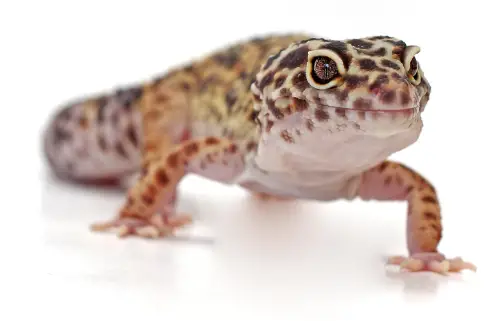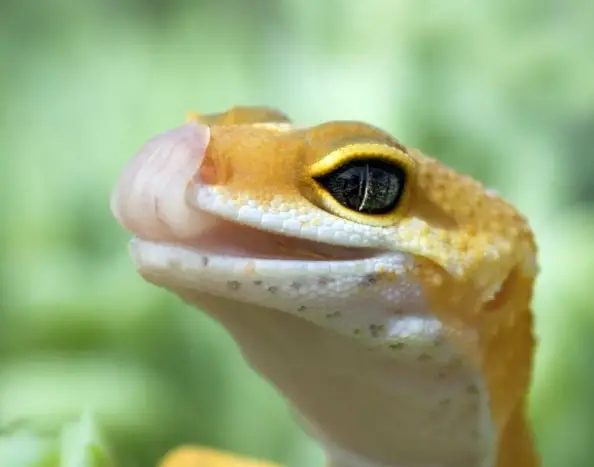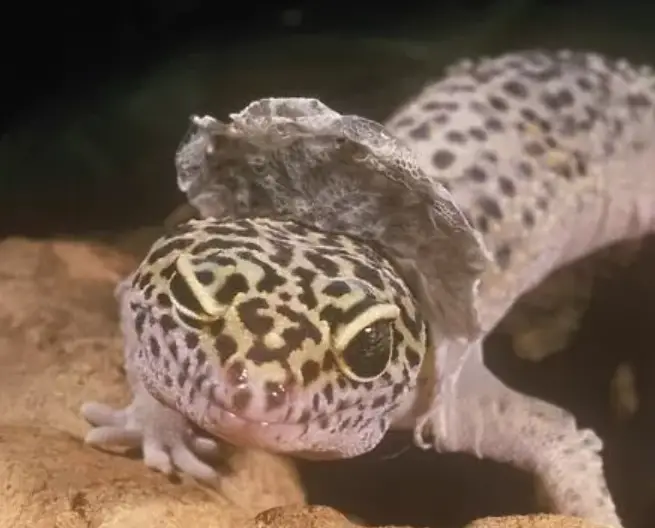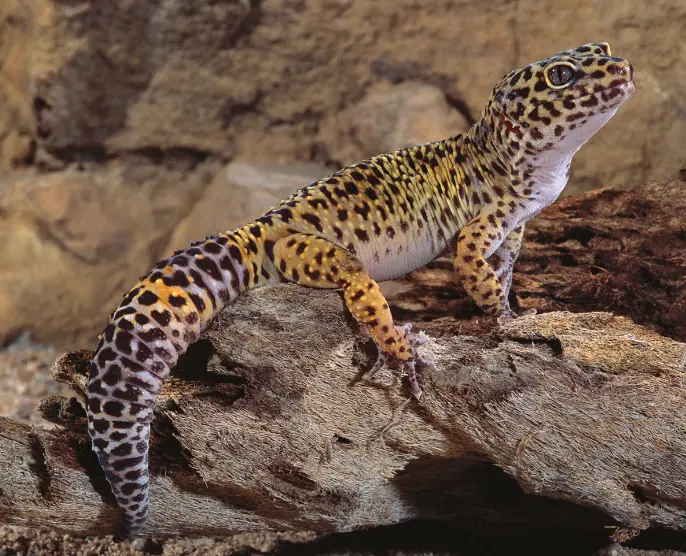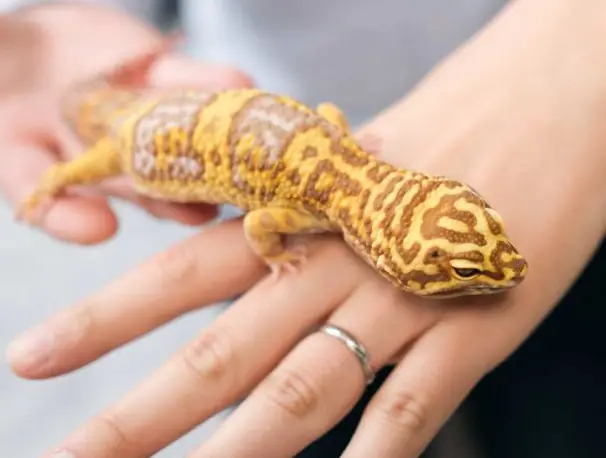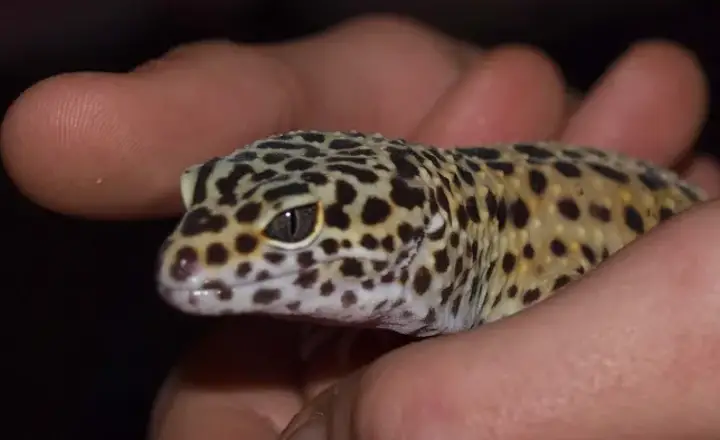Leopard geckos are a popular pet choice among reptile enthusiasts due to their docile nature and easy care requirements. However, sometimes these beloved pets can experience unexpected health issues, one of which is vomiting. Vomiting in leopard geckos can be caused by a variety of factors, including diet, stress, and underlying health conditions.
In this article, we will explore the causes of vomiting in leopard geckos and discuss how to prevent and treat this issue. Understanding the reasons behind this behavior can help pet owners provide the best care for their furry friends and ensure they live happy and healthy life.
What Are The Reasons A Leopard Gecko Vomits?
There are several reasons why a leopard gecko may vomit, including:
Overfeeding: If a leopard gecko is fed too much food, it may vomit as a way to get rid of the excess. This is especially true if the gecko is fed high-fat or high-protein foods.
Parasites: Parasites such as mites or ticks can cause a leopard gecko to vomit. These parasites can live in the gecko’s gastrointestinal tract and cause irritation, leading to vomiting.
Bacterial or viral infections: Bacterial or viral infections can cause a leopard gecko to vomit. These infections can cause inflammation in the stomach and intestines, leading to vomiting.
Stress: Stress can cause a leopard gecko to vomit. This can be caused by changes in their environment, such as moving to a new cage, or by changes in their routine, such as a change in feeding schedule.
Gastrointestinal blockages: Gastrointestinal blockages can cause a leopard gecko to vomit. This can be caused by ingesting foreign objects, such as rocks or plastic, or by constipation.
Dehydration: Dehydration can cause a leopard gecko to vomit. This is because when a gecko is dehydrated, their body will try to rid itself of any excess water in the stomach, leading to vomiting.
It’s important to note that if a leopard gecko is vomiting frequently or if the vomiting is accompanied by other symptoms, such as weight loss or lethargy, it’s important to seek veterinary care to determine the underlying cause and provide appropriate treatment.
What Does A Leopard Gecko’s Vomit Looks Like?
A leopard gecko’s vomit typically appears as a whitish or clear fluid with small bits of undigested food particles mixed in. The consistency of the vomit may vary depending on the amount and type of food the gecko has recently consumed.
The vomit may also have a slightly sour or bitter smell. If the gecko is experiencing any kind of illness or parasite infestation, the vomit may also contain traces of blood or mucus. In severe cases, the vomit may appear dark and tarry, indicating internal bleeding. It is important to note that vomiting is not a normal behavior for leopard geckos, and if it occurs frequently, it is important to consult with a veterinarian to determine the cause and appropriate treatment.
What Should You Do When Your Leopard Gecko Vomits?
If your leopard gecko vomits, it is important to take immediate action to determine the cause and provide appropriate care. Here are some steps you should take:
- Observe the vomit: Look at the vomit to see if there are any recognizable food items or other materials present. This can help you determine if the vomiting is caused by a dietary issue or a foreign object.
- Check the gecko’s behavior: Observe your leopard gecko for any signs of distress or discomfort, such as lethargy or difficulty moving.
- Isolate the gecko: If your leopard gecko is vomiting, it is important to isolate it from any other animals to prevent the spread of any potential illness.
- Provide proper care: If your leopard gecko is dehydrated, provide fresh water and mist the gecko’s skin to help rehydrate it. If the gecko is not eating or drinking, provide a warm and humid environment to encourage appetite.
- Consult with a veterinarian: If your leopard gecko continues to vomit or shows signs of severe distress, it is important to consult with a veterinarian who specializes in reptiles. They can help determine the cause of the vomiting and provide appropriate treatment.
- Prevent future vomiting: Once the cause of the vomiting is determined, take steps to prevent it from happening again in the future. This may include adjusting the gecko’s diet, providing a clean and healthy environment, or addressing any underlying medical conditions.
It is important to keep in mind that vomiting can be a sign of a serious health issue, so it is important to take action immediately to ensure the well-being of your leopard gecko.
Conclusion
In conclusion, a leopard gecko may vomit for a variety of reasons, including stress, overfeeding, poor diet, and underlying health issues. It is important to monitor your leopard gecko’s behavior and eating habits and consult with a veterinarian if you suspect any issues. Proper care and a healthy diet can prevent vomiting and ensure the overall well-being of your leopard gecko.
